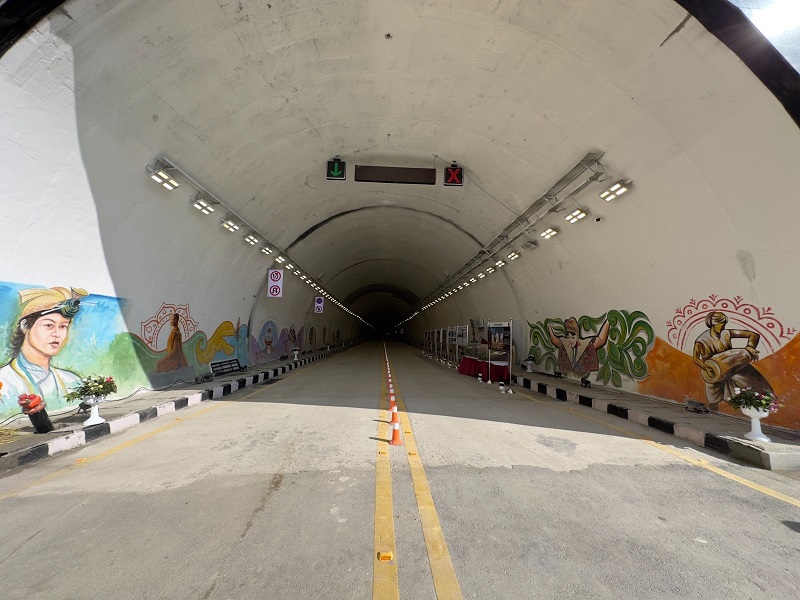India is steadily revolutionizing its road construction sector by adopting eco-friendly and sustainable materials alongside cutting-edge construction technologies. The Indian Roads Congress (IRC) continuously updates and frames new standards and guidelines based on international best practices and indigenous research. These evolving standards facilitate the integration of green materials and advanced processes in road projects.
The Ministry of Road Transport and Highways (MoRTH) and the National Highways Authority of India (NHAI) have issued policy guidelines promoting the use of eco-friendly materials. Additionally, the IRC accredits new and innovative materials and processes for trial sections, ensuring that national highway projects incorporate the latest in sustainable construction technology. These materials and processes comply with IRC standards, as well as international standards from organizations such as the American Association of State Highway and Transportation Officials (AASHTO), the American Society for Testing of Materials (ASTM), and European and British Codes.
National Highway projects, typically executed on EPC (Engineering, Procurement, and Construction), HAM (Hybrid Annuity Model), or BOT (Build-Operate-Transfer) modes, allow contractors and concessionaires to design in accordance with these standards. These designs undergo rigorous review and approval by appointed engineers before implementation.
In Bihar, the Ministry’s executing agencies, including NHAI, State Road Construction Departments (RCD), and the Ministry’s own Project Implementation Units (PIUs), ensure strict adherence to these guidelines. A variety of eco-friendly materials such as fly ash, slag, construction and demolition waste, waste plastic, crumb rubber modified bitumen, geosynthetics including jute and coir, and ground granulated blast furnace slag are utilized depending on availability and feasibility.
This commitment to sustainable practices was highlighted by Union Minister for Road Transport and Highways, Nitin Gadkari, in a written reply to the Lok Sabha today. Gadkari emphasized that the integration of these materials not only supports environmental sustainability but also enhances the durability and resilience of India’s national highways.








